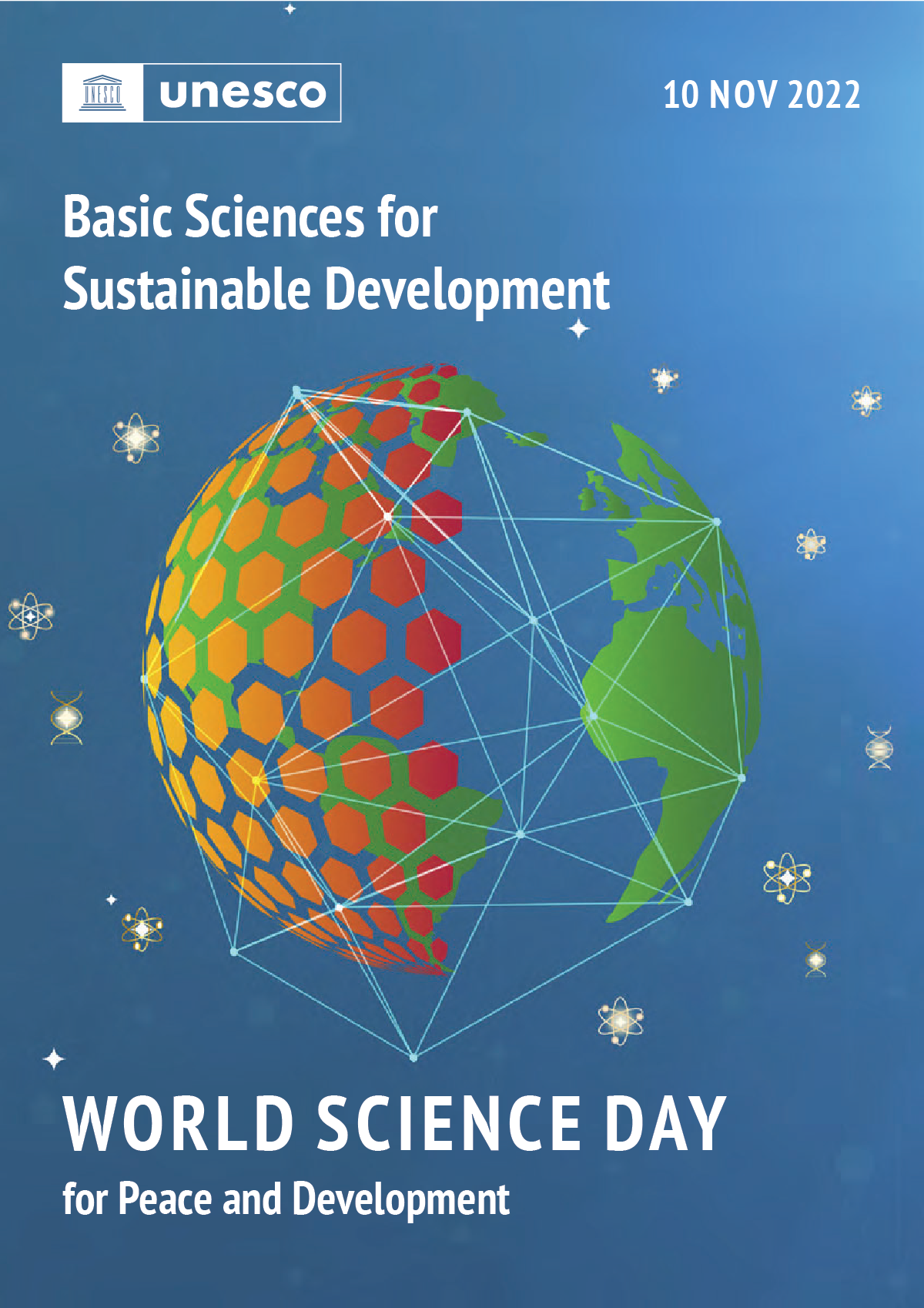All tagged Sustainability
Your ideas, your iGEM projects—these could become reality through VCL. If you're uncertain about diving into entrepreneurship or unsure about kickstarting a startup, VCL might hold the answers.
Tomorrow (November 10) is World Science Day for Peace and Development, a day established by the United Nations to recognize the importance of science in society and the need to inform the public about the relevance of science in their lives and to engage them in discussions on emerging scientific issues. In honor of World Science Day for Peace and Development, we’d like to highlight the nominees and winners of the Best Sustainable Development Impact award in the 2022 iGEM Competition.
As the study of life and our environment, biology is inextricably linked to climate change and climate tech, and therefore holds the key to addressing the biggest challenge of our generation. By engineering biology, we can move away from fossil fuel dependency, decrease agricultural emissions, repurpose land, and stop plastic pollution.
Biotechnology is currently one of the fastest growing industries in India with a massive boom in the past 5 years. But while a lot of biotech infrastructure and resources exist in the country and technological advances have allowed the cost of sequencing and DNA synthesis to drop, this was not directed towards Synthetic Biology.
At iGEM, we believe synthetic biology can contribute to the Sustainable Development Goals, helping us to build a society that meets the needs of all people within the means of the planet. In the words of Dr. Elizabeth Bennett during her Sustainability Keynote at the 2020 Giant Jamboree, “synthetic biology gives us a set of tools that we didn’t have before to potentially inform the way we do conservation”.
The SDGs are 17 goals that are set to be achieved by the global community by 2030, and they represent indicators of technical progress and societal goals that we and others can help strive to achieve. In particular, the SDGs are a way for institutions to align their resources and to open communications and engage with stakeholders in addressing the global challenges we face.







